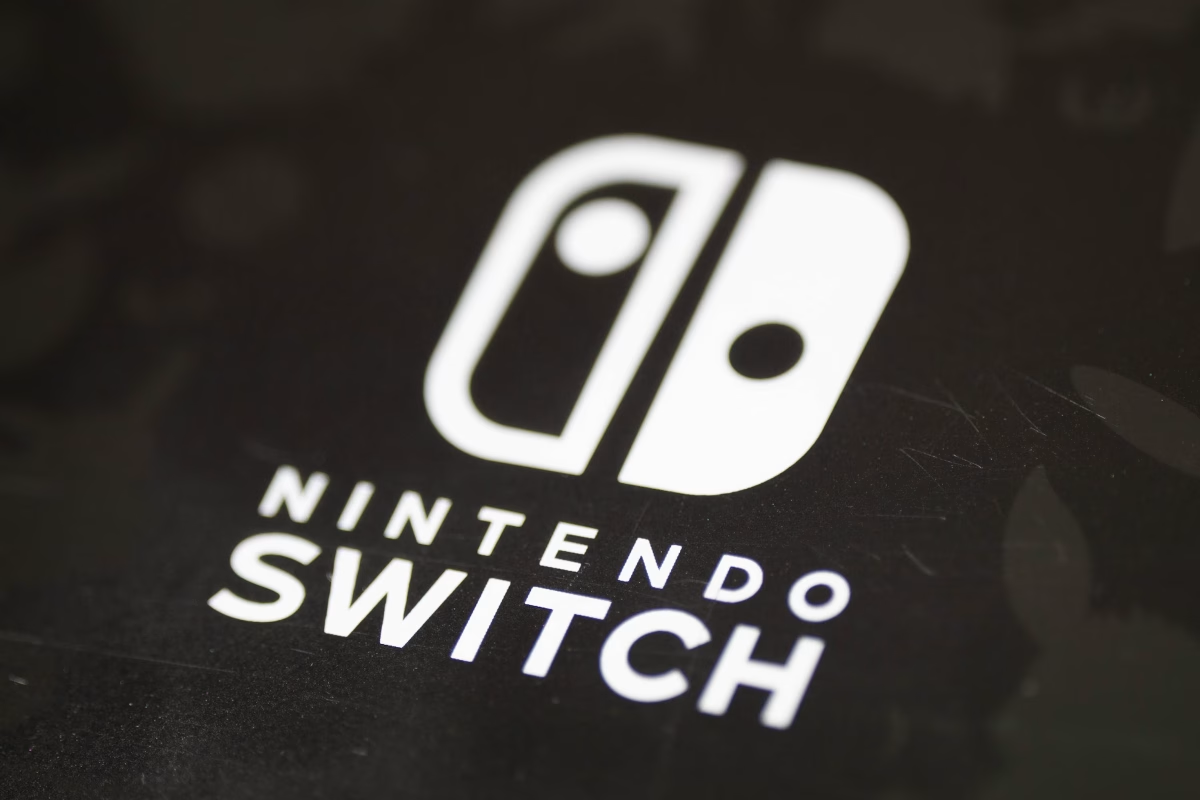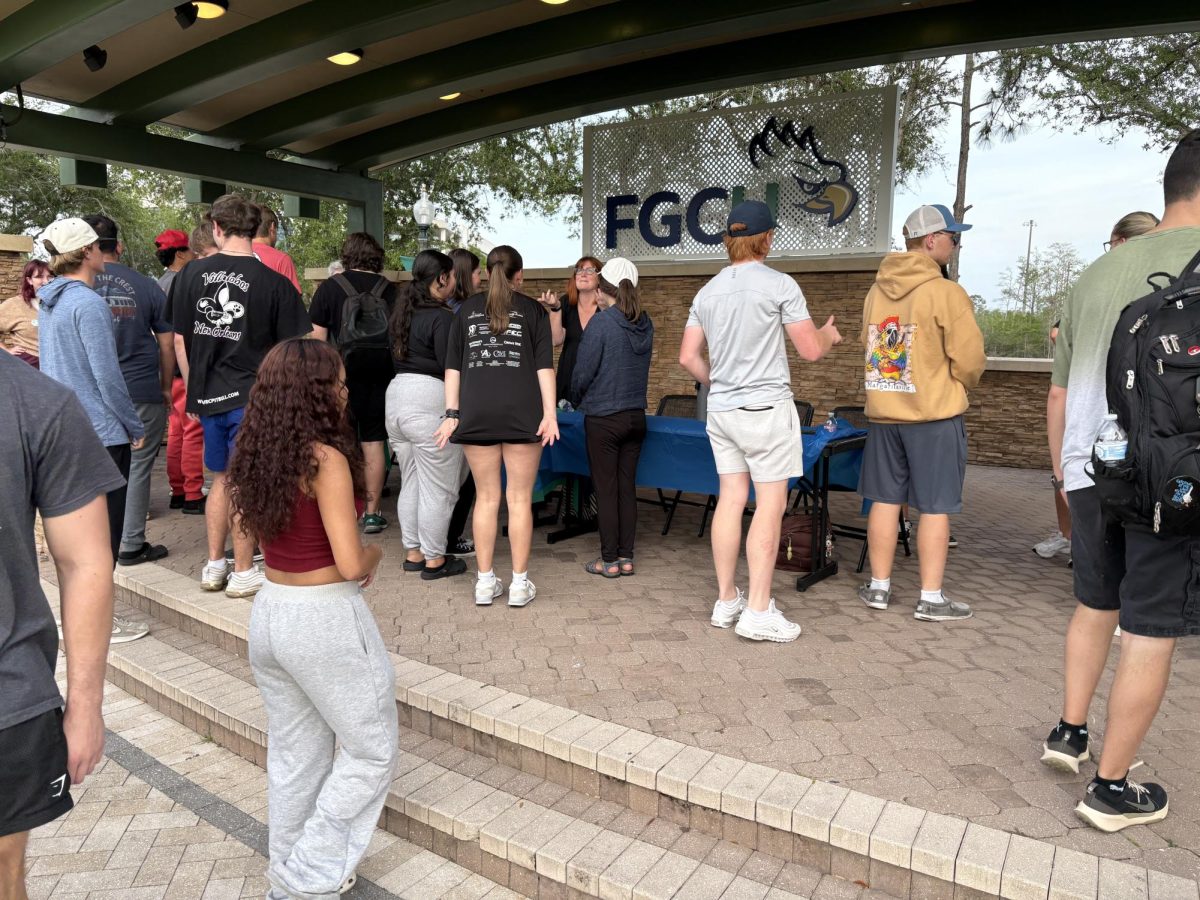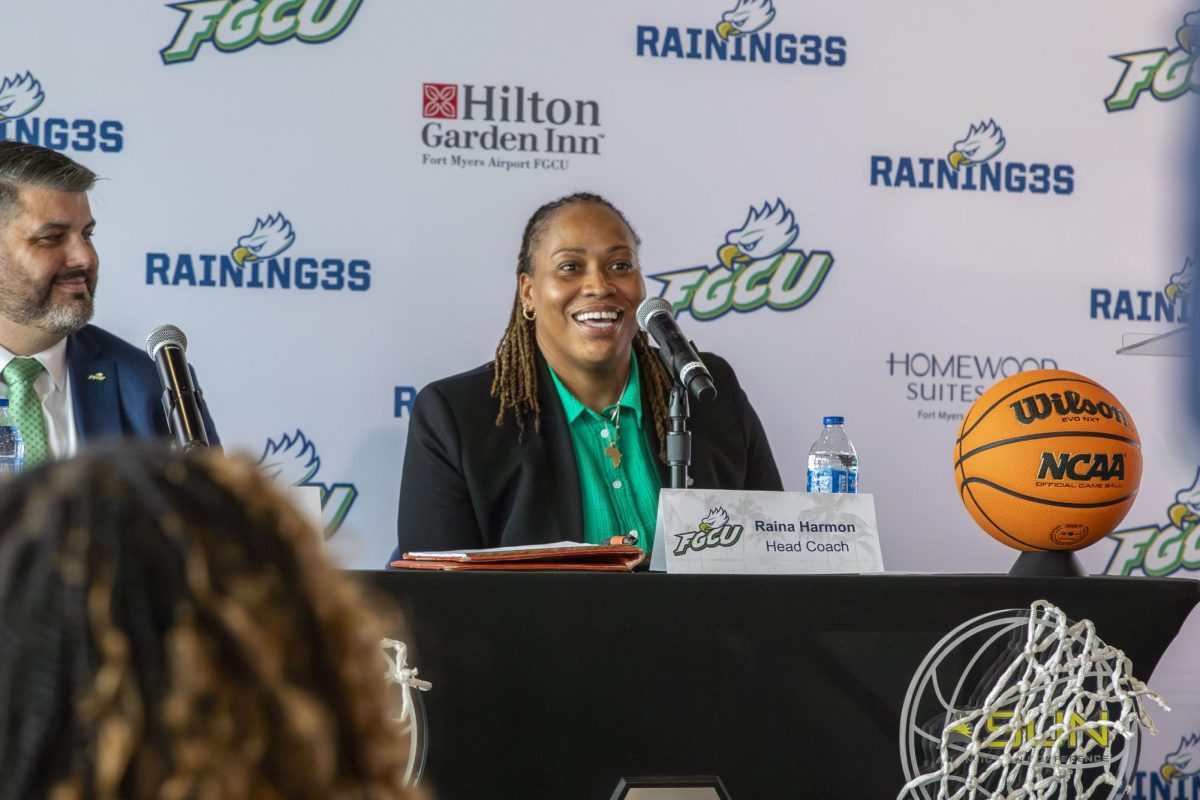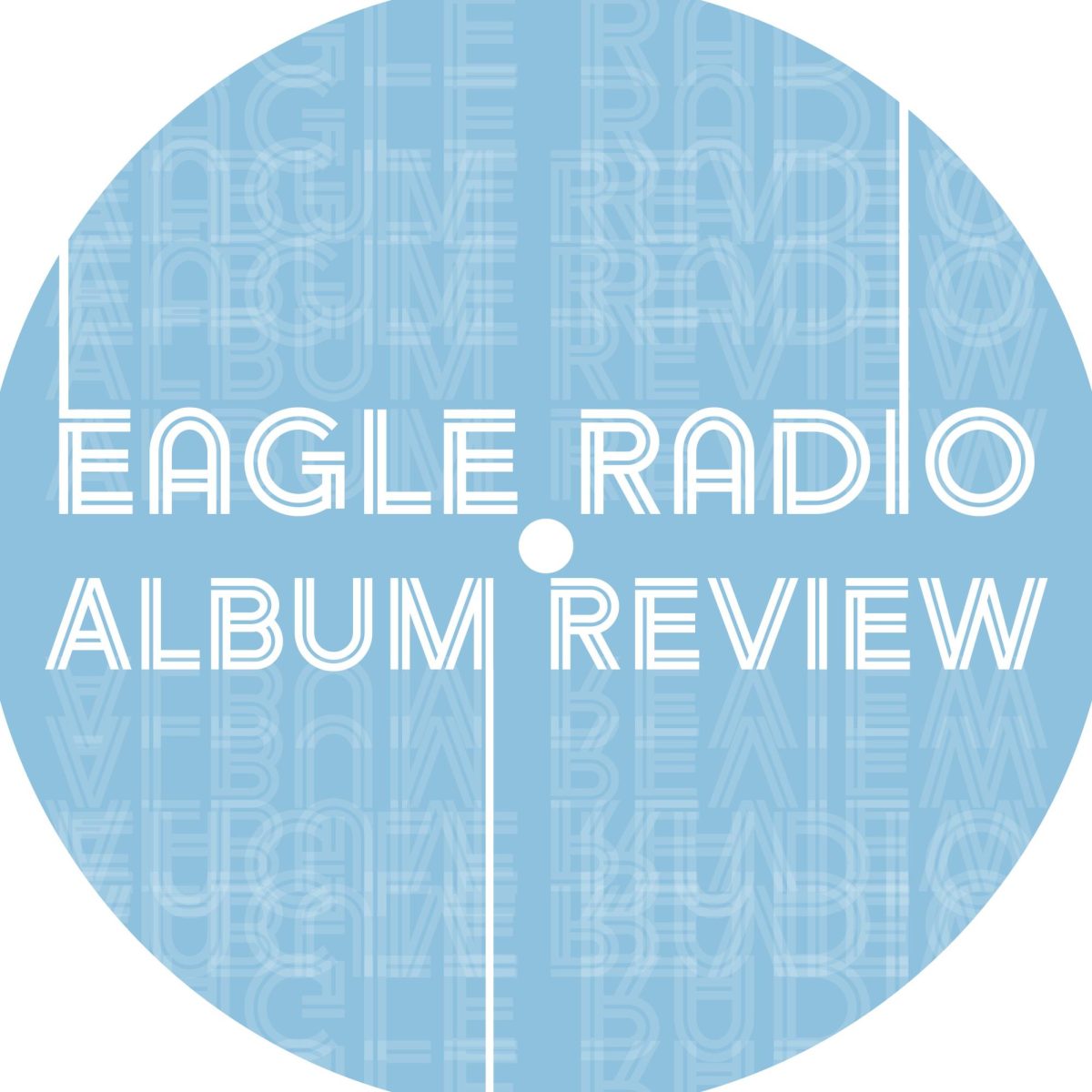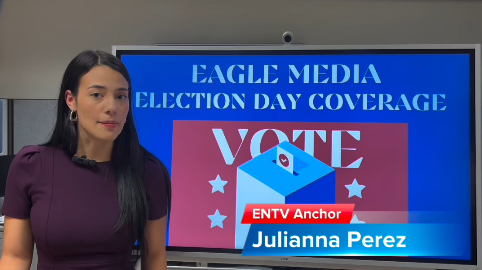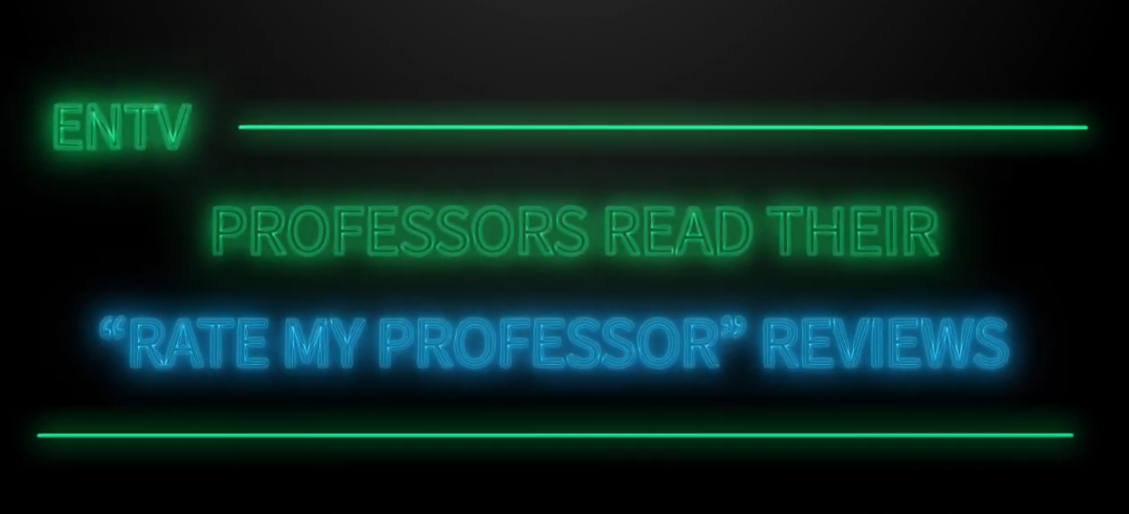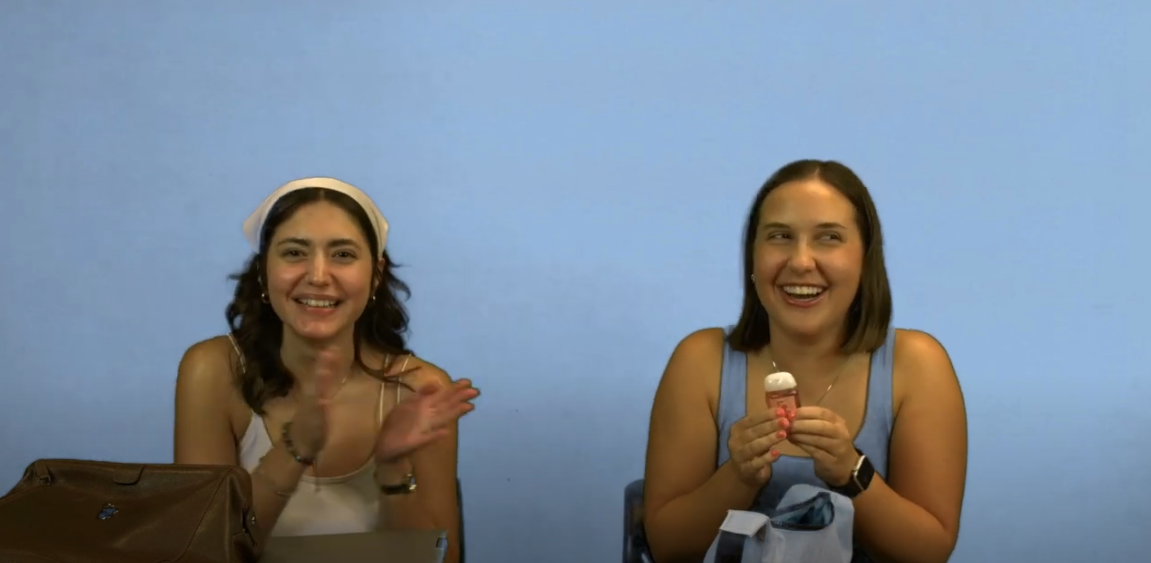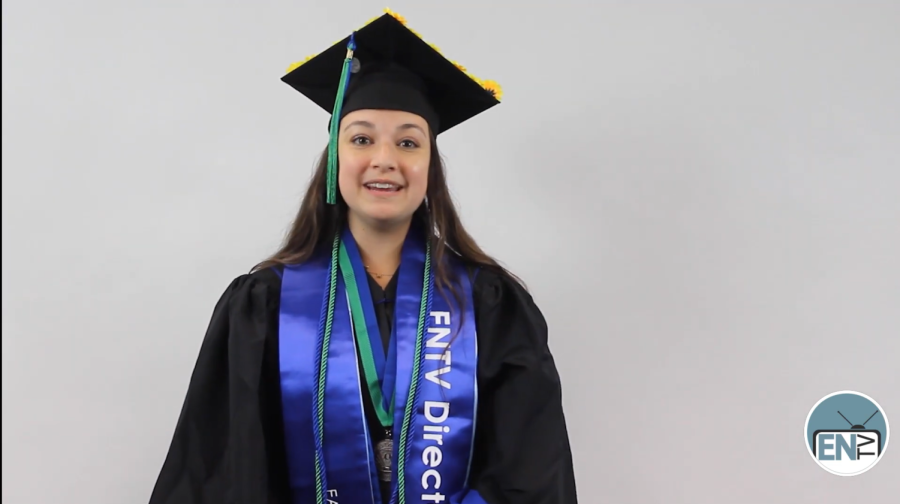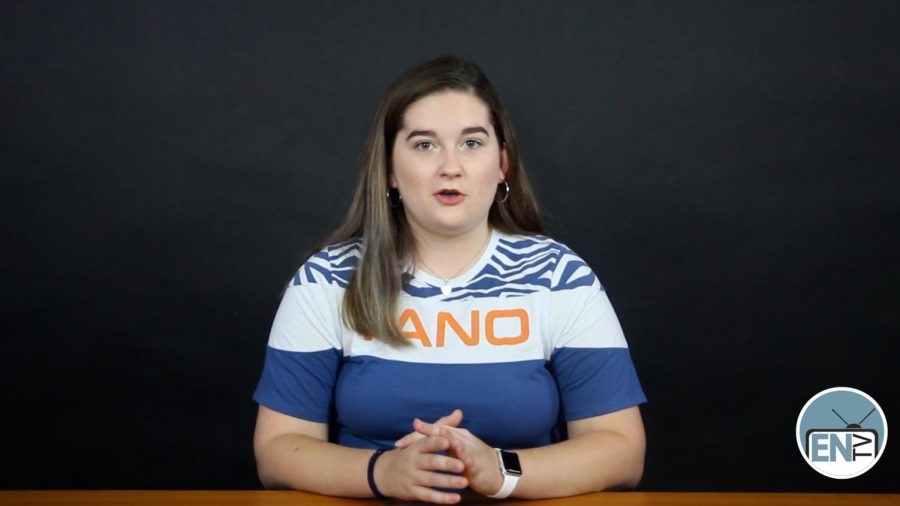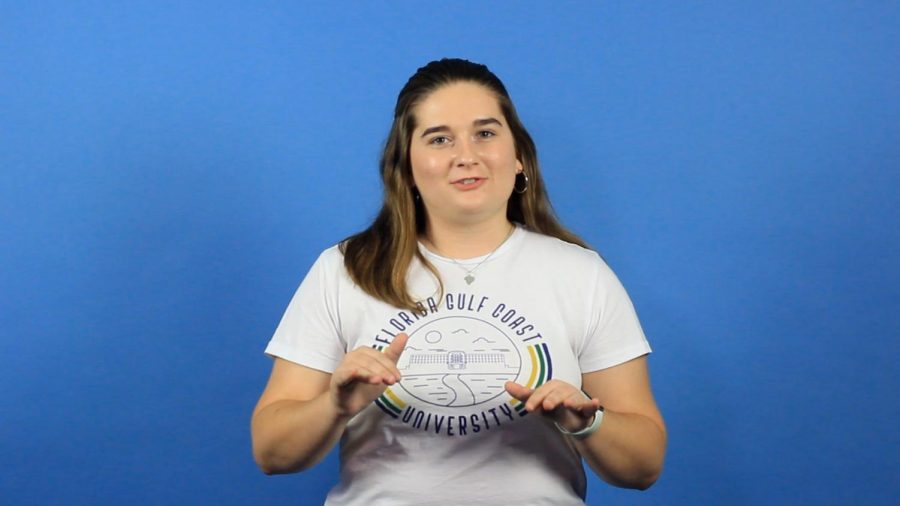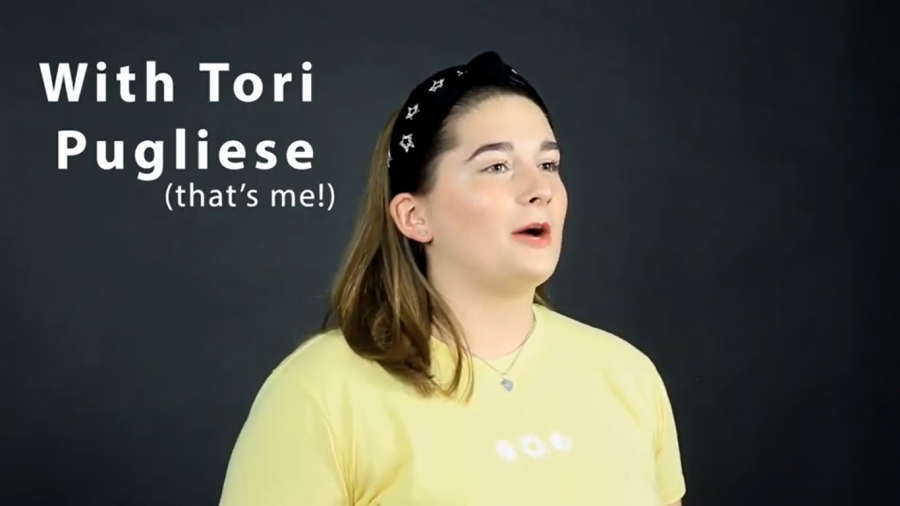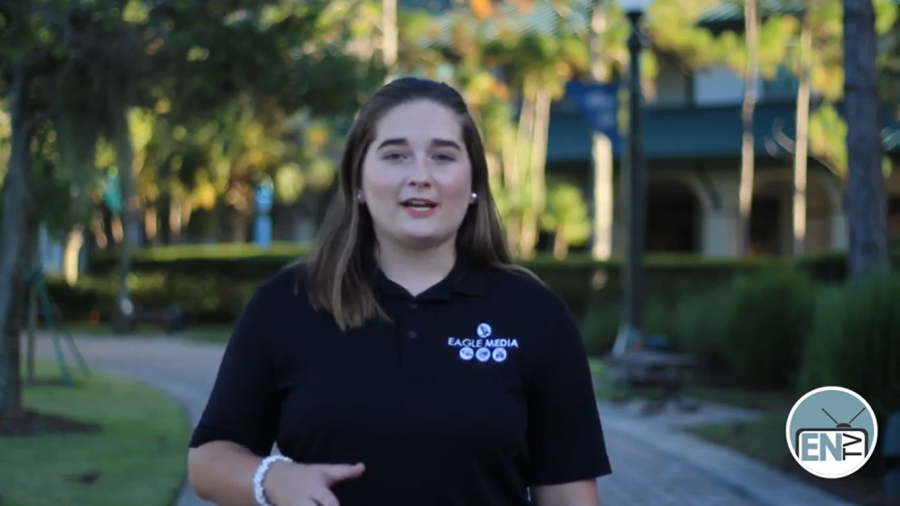With the winnings for the largest Powerball in history reaching $1.5 billion, much consideration is put into what you could buy with the remaining $785 million, after taxes. However, would the winnings bring more or less happiness to an average citizen’s current living situation?
Princeton University’s Woodrow Wilson School conducted a study showing that up to $75,000 a year essentially buys people’s happiness, but not their emotional well-being.
Princeton University professors Daniel Kahneman and Angus Deaton gathered data from the Gallup- Healthways Well-Being Index and found responses from the more than 450,000 U.S. residents surveyed that correlated with emotional well-being and life evaluations based on income. The results indicated that living below the median $75,000 brings both low emotions and a low life evaluation. On the other side, living beyond $75,000 does not bring about a high life evaluation or higher emotional well-being.
Princeton University’s Woodrow Wilson School conducted a study showing that up to $75,000 a year essentially buys people’s happiness, but not their emotional well-being.
Princeton University professors Daniel Kahneman and Angus Deaton gathered data from the Gallup- Healthways Well-Being Index and found responses from the more than 450,000 U.S. residents surveyed that correlated with emotional well-being and life evaluations based on income. The results indicated that living below the median $75,000 brings both low emotions and a low life evaluation. On the other side, living beyond $75,000 does not bring about a high life evaluation or higher emotional well-being.
Another study conducted by Elizabeth Dunn, Lara Aknin and Michael Norton suggested that how someone spends his or her money might be as important as how much money someone earns. In short, the research provides that “spending more money on other people may have a more positive impact on happiness than spending money on oneself.”
The curse of the lottery shows how this theory can cause trouble for those who come into a huge fortune in a short amount of time.
An article in the New York Daily News followed stories of misspent earnings, reporting that nearly 70 percent of lottery winners go bankrupt within the first seven years.
Stories of such lottery winners as Abraham Shakespeare, David Lee Edwards, Billie Harrell Jr. and Michael Carroll might be enough to scare the future Powerball winner from being too greedy, but unfortunately, winning the $1.5 billion dollar Powerball would put them about $1.49 billion over the “happiness limit.”
An article in the New York Daily News followed stories of misspent earnings, reporting that nearly 70 percent of lottery winners go bankrupt within the first seven years.
Stories of such lottery winners as Abraham Shakespeare, David Lee Edwards, Billie Harrell Jr. and Michael Carroll might be enough to scare the future Powerball winner from being too greedy, but unfortunately, winning the $1.5 billion dollar Powerball would put them about $1.49 billion over the “happiness limit.”
Story continues below advertisement

